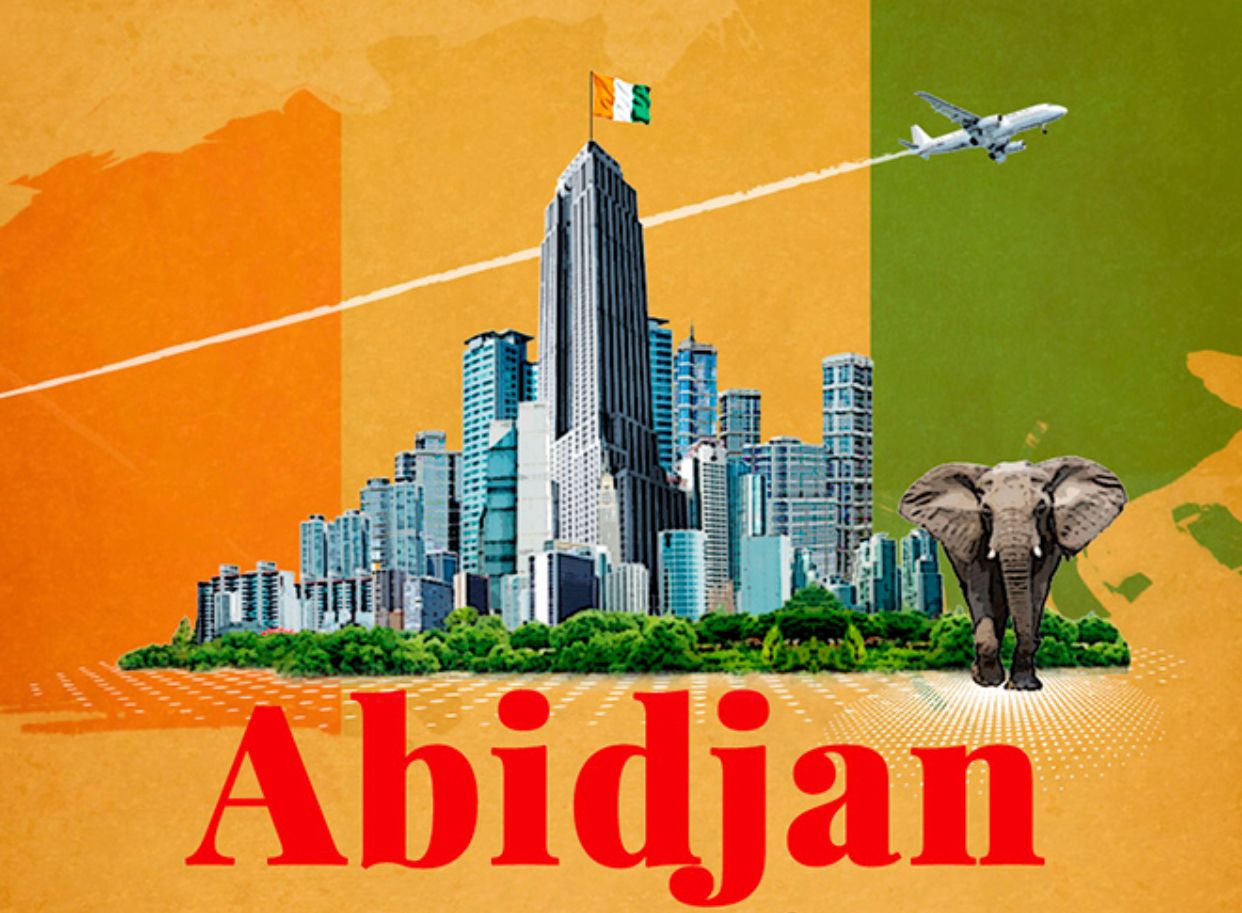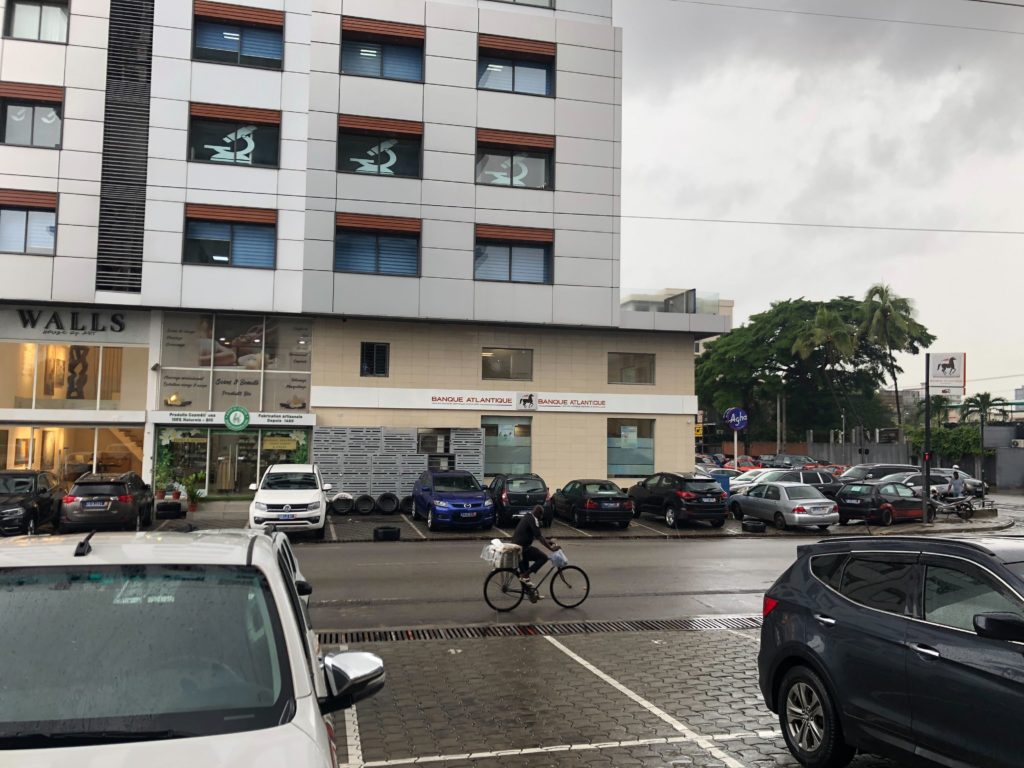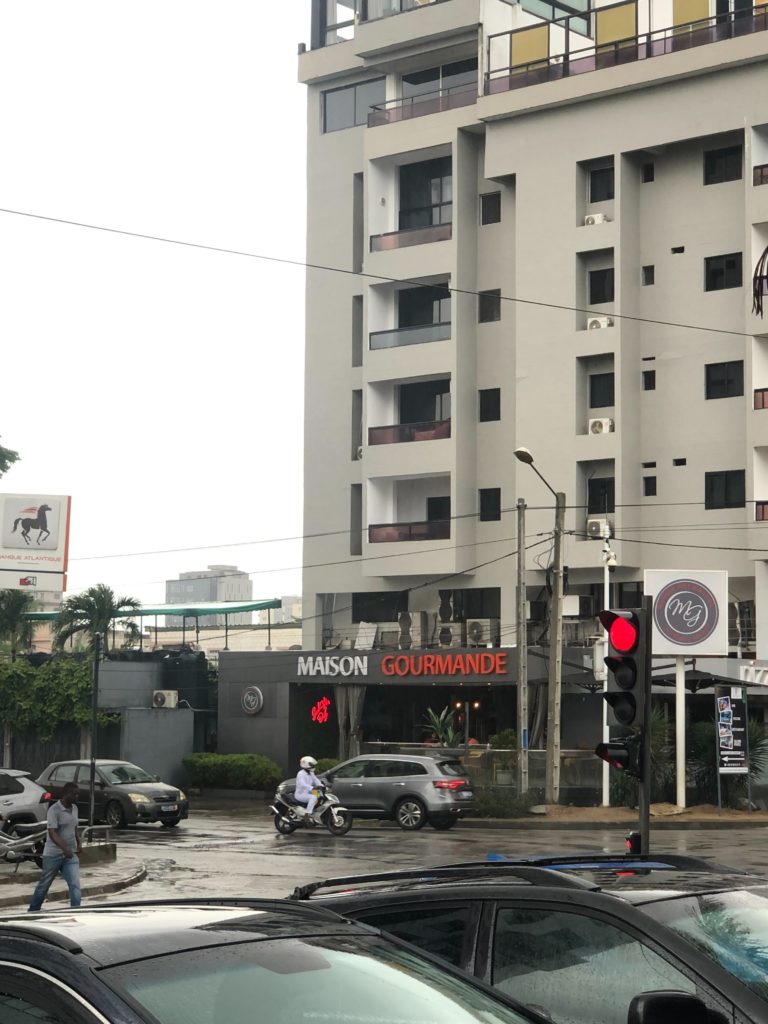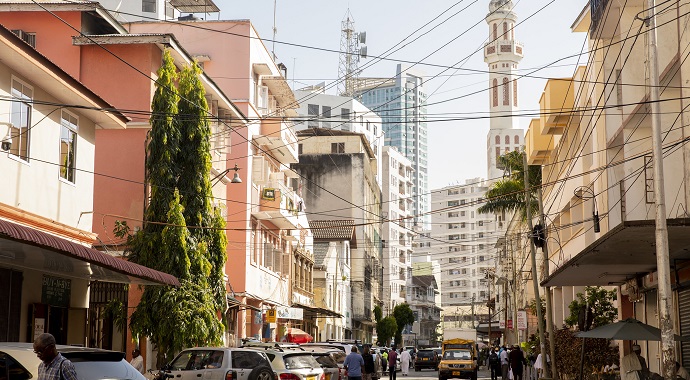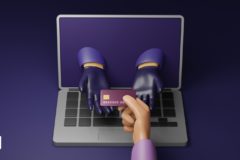The Félix-Houphouët-Boigny International Airport, the largest in Côte d’Ivoire located 16 km southeast of the country’s biggest city Abidjan, is the smallest international airport I’ve ever seen: cosy and a tad aged. At first, the airport didn’t give much away about the city. But as I found my way out of it into the parking lot, the city began to unfold itself. Cabs with a “Taxi Côte d’Ivoire” inscription on them were cleanly parked on one side and unbranded city taxis on another. The airport road was lined with trees and greenery which gradually became sparse as I proceeded far into the city, until there was none in sight.
But the city had other avenues to reveal its beauty.
From Marcory, a bubbly residential and commercial suburb known for its trendy nightlife and foreign restaurants—mostly Lebanese-owned—to Treichville where the university hospital is located, down to the Plateau, a hilly central business district that houses some of the city’s biggest banks, tech companies, and hotels, Abidjan showed consistency: clean streets with properly-planned buildings and in-city roads.
The city was a poet’s delight. If I were travelling as a tourist, I’d have focused more on its beauty, especially that of its restaurants and the green view from my hotel in the Plateau and from the smoking area of the AfricaWorks Abidjan space in Marcory. But as a tech journalist, my attention quickly turned away from the aesthetics and began to skim through billboards carrying messages written in French, googling brand names to get a sense of what they do.
Google Translation would come through for me throughout my 5-day stay in Abidjan. Without it, I wouldn’t have been able to tell a cabman to take me to Carrefour when I needed to shop for new clothes because my luggage had been delayed by the airline. As I expected, the language barrier in Côte d’Ivoire was a big deal for a non-French speaker like me. But even beyond my personal failure with French, I couldn’t help but note how remote the tech ecosystem in francophone Africa is from that of anglophone Africa, all due to the language chasm. It has even been reported that language barrier is one of the major reasons so little funding goes to francophone Africa because most VCs, who are from the English-speaking West, tend to focus on anglophone countries. After I spoke to a bunch of the few francophone African founders who have raised substantial venture investment, it became apparent that, besides having a solid business, that they have either schooled or worked in the West or understand English is a big leverage. That distinguished them from other founders in the region and increased their fundraising chances. As the unpopular joke goes: English is the language of tech.
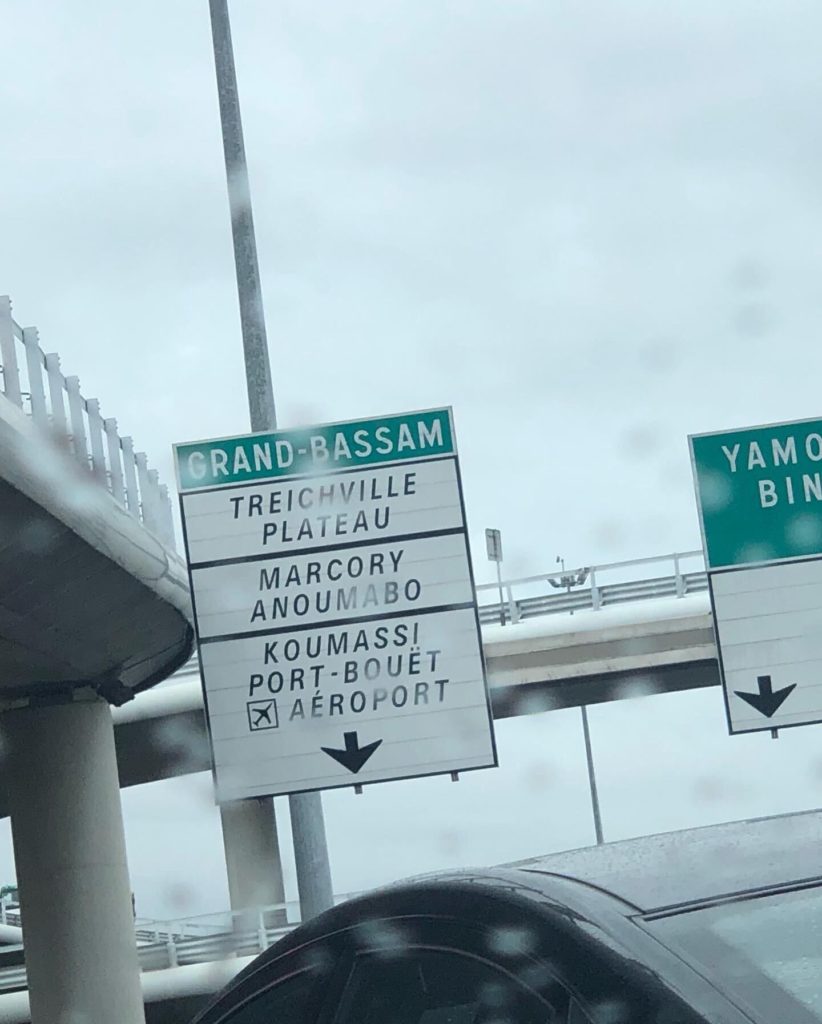
“There is so much happening in Abidjan than what people talk or hear about in the media,” Jaco Maritz, the publisher of How We Made it in Africa, said to me when I told him that Abidjan is like a gem, during one of our evening walks in Marcory. Someone had first called the city a gem but, for me, the availability of functioning infrastructure (power, road, water, buoyant economy, and others) made me a believer.
Maritz and I were both attending the Africa CEO Forum, an event that brought together 1,800 political, business, and thought leaders. We had both lodged in Hotel Tiama in the Plateau area.
When the event ended, I extended my stay by 2 days, checked out of the hotel, and moved downtown to a boutique hotel in Marcory to join Maritz, who was also staying back to explore the city with his brother who had come from London for a brief vacation in Abidjan. At Marcory, we witnessed what I call “extreme diversity” as there, white people were almost as many as black people. When I asked why this is so, Fatimah Kone, Côte d’Ivoire country director for AfricaWorks, told me that a lot of expatriates prefer to stay in Marcory because of its proximity to the airport.
“Abidjan is not only a hidden gem for African startups but for the African economy in general,” Moulaye Taboure, co-founder/CEO at Anka told me. “We have a strong economy and great infrastructure that isn’t talked about much.” Taboure’s company, which is helping African merchants sell globally, became the most funded Ivorian startup after it closed a $6.2 million pre-series A round in January.
Cote d’Ivoire’s startup space, like other sectors of the country’s economy, has shown promise. This is a result of the collaborative effort of the private and public sectors. While the accelerator hubs are incubating various founders and startups in Abidjan and VC funds are helping with early-stage cheques, the government has simplified business creation and offers tax advantages to tech companies. Hence its transformation from a space that struggled to deliver multiple scalable ventures to a breeding ground for fresh upstarts and growth-stage companies looking to expand into the francophone market.
In a chat with Carine Vavasseur, head of ecosystem innovation division at DER Senegal, a 30 billion FCFA ($50 million) fund launched by the President of Senegal, she told me that “even though Abidjan hasn’t built a strong synergy between its ecosystem players as most of its old stakeholders have exited the market and the new ones still work in silos, the market is ready for new business and the government has incentivised doing business in the city and the country at large”.
Local startups are now getting a great blend of venture capital funding support and strategic support from big corporations like Orange and MTN. For example, besides Anka’s big pre-series A funding, Julaya, one of the country’s top fintech companies, also raised a $2 million pre-series A funding last July and is currently raising a bridge round. Bear in mind that raising big capital isn’t commonplace in the country. In fact, according to Africa: The Big Deal, only $25 million venture funding has entered the country since 2019.
While Didier Lescourant, a francophone African venture builder who spoke to me, agreed that Abidjan didn’t have a tech ecosystem for a long time, he believed that organisations like Ci20 have changed that by providing a community for founders, investors, policymakers, and operators. “Abidjan has become a growth market and has the most promising startups in the francophone African region. There are a bunch of founders straight from France who targeted the Ivory Coast burgeoning ecosystem to settle because of the size and texture of the market.”
Growth-stage companies from other African countries are also now more willing to leverage Abidjan’s ease-of-doing-business to poke into the francophone African market. Besides the Senegalese unicorn Wave that expanded into the country last year, Nigerian unicorn Flutterwave co-invested in Ivorian payment company Cinetpay with 4DX Venture; Nigeria-based E-settlement acquired Ivorian QuickCash to enter the Ivorian market last November; and Kenya’s Sendy also invested in Ivorian logistics startup Kamtar to accelerate pan-African expansion plans. This year, within a space of one month, both Nigerian Autochek and Moroccan Chari have acquired Ivorian startups to lead their extension in the region. Dabadoc, a Morrocan health startup, also expanded into the country, in partnership with Orange last month.
A score of other founders are still currently understudying the market. For example, Alloysius Attah, the co-founder/CEO of Farmerline, a Ghana-based agritech startup, told Quartz that his company has been considering Cote d’Ivoire, and they are currently studying the market and building partnerships.
During my rides and walks across the city and streets, I noticed that though the streets of Abidjan are not as littered with mobile money kiosks and agents as those in Dakar, Senegal, mobile money is alive and thriving in the city. More than 70% of the population has a mobile money account, and this can be attributed to the massive rate of mobile phone proliferation.
According to GSMA, there were 37.75 million cellular mobile connections in Côte d’Ivoire at the start of 2022. At an estimated total population of 27 million, this data indicated that mobile connections in Côte d’Ivoire are more than its population: about 137.8% of the total population in January 2022. Even though it’s commonplace for people to use more than one mobile connection, this shows how much mobile phone proliferation has happened in the francophone country and hints at its readiness to embrace digital businesses.
The Ivorian economy is a resilient one. After an economic disaster that only ended in 2012, the country has risen to become a force in the region. The economy is largely market-based and depends heavily on the agricultural sector. Almost 70% of the Ivorian people are engaged in some form of agricultural activity, making it possible for the country of about 27.7 million people to thrive largely on the exportation of farm produce.
Last month, the Deloitte’s 2022 CEO Barometer Survey released at the Africa CEO Forum reported that Côte d’Ivoire is reclaiming its reputation as a top investment destination in francophone Africa, and on the continent as a whole. The report ranks Côte d’Ivoire first in attractiveness.
Even the country’s inflation rate (as of last June, 8.9%) speaks to its economy’s resilience. That was the highest it has been since 2006, and it’s due to the recent global economic downturn. Last year it finished at 4.09%, also a new high brought on by the effect of the COVID-19 pandemic. Before the pandemic, the inflation rate had maintained a below-2% mark since 2013.
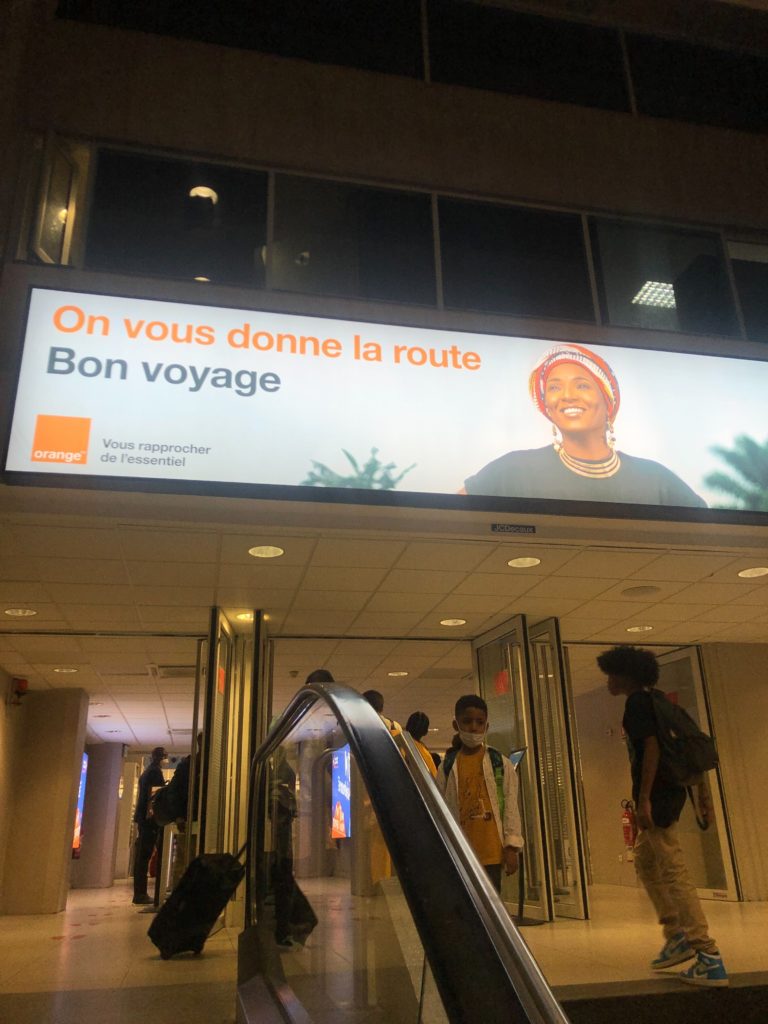
This relatively low inflation trend narrows the purchasing power gap and therefore reduces the gap between the rich and the poor. “As you can see, the city is uniform and you can’t expressly tell the high-income area from the low-income one,” Kone told me during a visit to Africa Works Abidjan space.
But Abidjan can’t hide in plain sight for much longer. Taboure, Anka CEO, believes Abidjan’s time is now. “I believe the success of entrepreneurship in Abidjan and the country will make the hidden gem a shining one for everybody to see,” he said with a smile. “We also need our government to be as loud about their incentives as, for instance, the Rwandan government.”
Vavasseur also believes that the government has to do “better in packaging and communicating the many entrepreneurship incentives available in the country to attract not just companies and founders but also talents and operators that will help build ventures at scale.”
I spent only 5 days in Abidjan, and it was quite an experience. Back at the airport on my departure day, as I made my way to the gate after check-in, I discovered that the airport has some modernisation going on: there’s an automotive machine that checks you out—it reads your passport and takes your biometric information. Even though it wasn’t seamless, as travellers were redirected back to the human cubicle, it was, to me, another sign that the country’s readiness to embrace digitisation makes it a space to watch for tech startups.
Disclaimer: I am certain this is not the entirety of Abidjan as the city has 10 different communes and I only referenced 3-4 of them in this article. This is also not all there is about the tech ecosystem in Abidjan as there are more stakeholders building and helping to keep the momentum of what might possibly become one of the biggest startup hubs in Africa.







